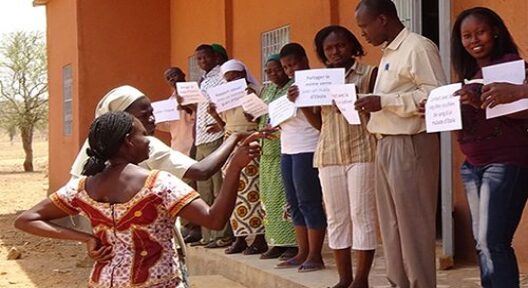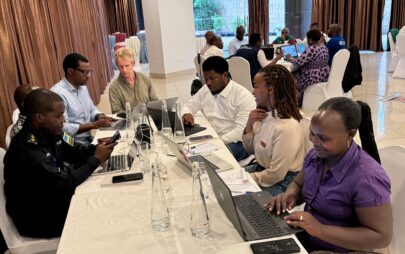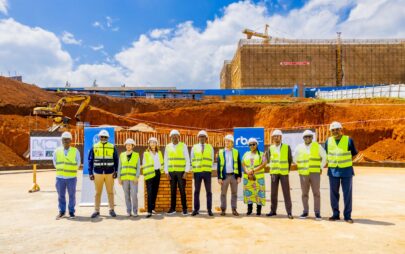EFFO-CoE
Efficiency by Edification – Center of Excellence

Short Description
High-consequence infectious diseases (HCIDs), such as Ebola and
Marburg virus disease, are on the rise. Rwanda’s neighbouring countries,
Democratic Republic of the Congo, Uganda, and Tanzania are facing
recurrent HCID outbreaks, which pose a significant health threat to
Rwanda. The country currently lacks high-level isolation facilities. HCID
epidemics often spread in nosocomial settings, putting health care
workers at high risk. The impact of HCIDs can be catastrophic at an
individual level (often requiring intensive care, high case fatality rate,
long-term sequelae, etc.), at the hospital level (health care worker
infections, leading to staff absenteeism and damage to the reputation of
health care facilities) and at the public health level (epidemics with a
direct negative public health impact and indirect effects, e.g. poor health
seeking behaviour for other diseases). EFFO-CoE aims to strengthen
HCID emergency preparedness in Rwanda by (a) constructing a high-level
isolation unit (HLIU) with 10 single patient rooms complying with
intensive care unit standards and (b) establishing a HCID-related training
programme for different target groups, including general staff and future
HLIU staff in particular. Project partners in Rwanda and Germany have
key expertise in the clinical and infection prevention and control (IPC)
pillars of HCID outbreak management, construction, and training.
Aims of the Project
Constructing a HLIU in Kigali (Rwanda) and establishing a HCID-related
training programme.
In Cooperation with
- Rwanda Biomedical Centre (RBC), Rwanda
- Technische Universität Braunschweig, Germany
- Charité – Universitätsmedizin Berlin, Germany
- Medmissio – Institute for Global Health, Germany
Last update: July 2024
Thematic priorities
Facts
Activities
-
Training and competence development
Training health care workers in clinical management and IPC
for HCIDs, the target groups being (a) future HLIU staff and
(b) EFFO trainers, that is, multipliers who train health care
workers in primary and secondary health care facilities;
establishing a blended e-learning approach with virtual and
in-person modules -
Networking and cooperation
Embracing a cross-sectoral approach (construction, training,
IPC and clinical management) and cooperating and networking with partners from different backgrounds, with
experts from international governmental and non-governmental organisations (WHO International, WHO AFRO,MSF, ALIMA, etc.) acting as project advisors -
Staff development and exchange
Implementing a bilateral internship programme with the
participation of clinicians from Rwanda and Germany
(STAKOB HLIU in Berlin) for mutual knowledge exchange
and on-site training -
Procurement of goods and infrastructure development
Constructing a HLIU to contribute to infrastructure
development in Rwanda; cooperating with local construction contractors and using


